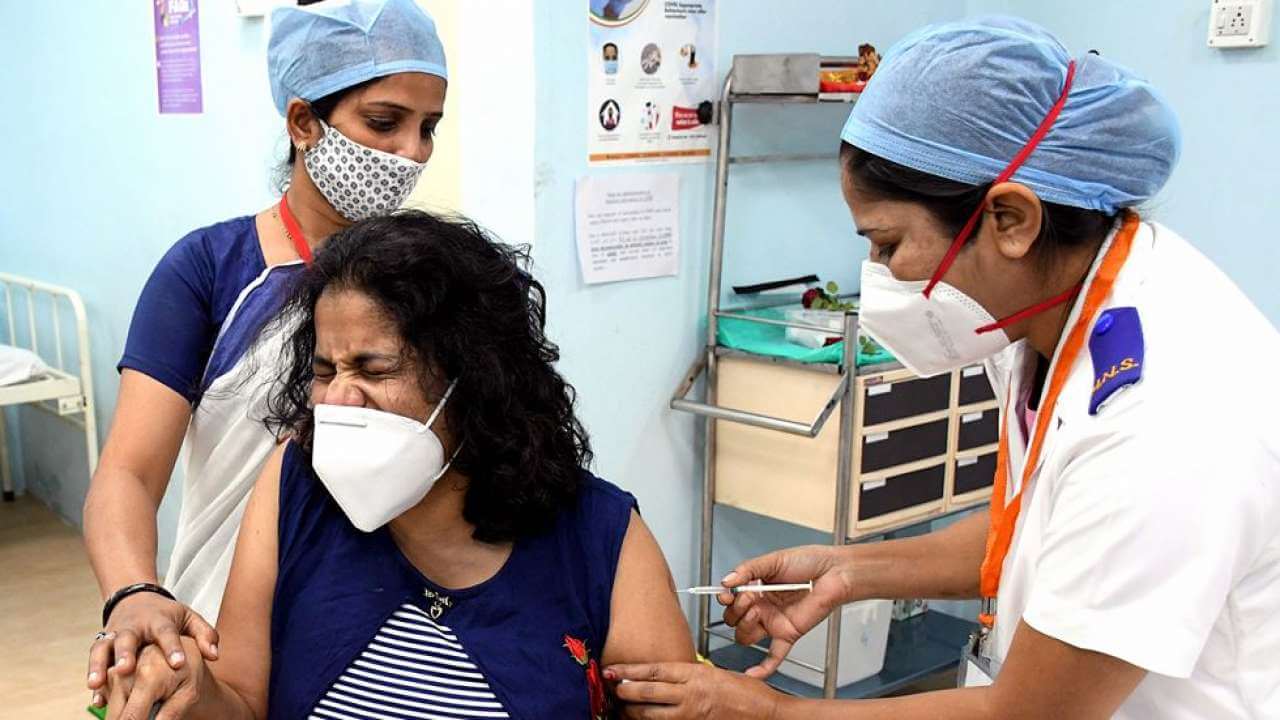On Monday, 25 states in India participated in the nationwide COVID-19 vaccine drive, a significant improvement from Saturday, which saw the participation of merely six states. Each state has adopted its own schedule and target, with most aiming to administer 100 vaccines every day. However, as the entire process is voluntary, there has also been a disparity in the success of the campaign in terms of whether the target was achieved. While states like Telangana and Odisha reported a success rate of 80%, Tami Nadu and Punjab’s rates were merely 20%.
For its drive, India is relying on two locally produced vaccines, the COVISHIELD, developed by Serum Institute of India and COVAXIN, which was developed by Bharat Biotech. Currently, India is in its Phase I of its inoculation drive, which aims to administer the vaccine to around one crore health care workers and two crore frontline workers. Once completed, the country will enter Phase II of the trials, which will target around 27 crore individuals, aged 50 years or more.
However, as the country enters the third day of the world’s largest COVID-19 vaccine drive, merely 381,305 individuals were administered the vaccine, which is approximately 50% of the number that the government expected to be inoculated. There have been several obstacles that the campaign has faced, thereby paving a difficult journey for the government to successfully conduct its ambitious vaccine roll-out plan.
The campaign is already facing “vaccine hesitancy” with the turnout for the inoculations dipping each day. For example, on Saturday, the authorities in New Delhi administered around 4,319 vaccines, which dropped to 3,593 on Monday. Several doctors have said that their main reason to refuse the vaccine was that the COVAXIN, which was developed by Bharat Biotech, had not undergone Phase III efficacy trials.
Amidst these concerns, Bharat Biotech, on Monday, released a fact sheet, which said that the vaccine was not advisable for individuals with allergies, fevers or bleeding disorders. This list also included pregnant or breastfeeding women and those on blood thinners or medications that impact the immune system. The fact sheet also provided clarifications on the content of the vaccine.
Another issue that acts as a deterrent for individuals to voluntarily come forward to get inoculated is the rising incidents of “adverse effects” being reported across the country. This number has risen to 580, with the central government insisting that most side-effects have been mild. However, out of these, seven required to be hospitalised and four continue to be under medical care. The concern worsened as two individuals, one in Uttar Pradesh and one in Karnataka, died due to cardiopulmonary symptoms after receiving the vaccine. However, citing the post-mortem reports, the central government said that the deaths were unrelated to the COVID-19 vaccines.
The roll-out has been further delayed due to glitches in the Co-WIN application, which the Indian government has introduced to digitise the vaccination process. For example, the government in Maharashtra, after administering merely 2,000 vaccines, suspended the campaign on Saturday citing issues with the mobile application. Authorities have reported that the platform repeatedly crashes, resulting in delays in the process. Others have also reported incidents of the names of the beneficiaries disappearing while they were being inoculated.
India’s Vaccine Roll Out: What Do We Know?
After India began its first phase for the roll-out for the COVID-19 vaccine on January 16, several obstacles have already emerged, setting the path for a difficult inoculation campaign.
January 19, 2021

SOURCE: DNA
